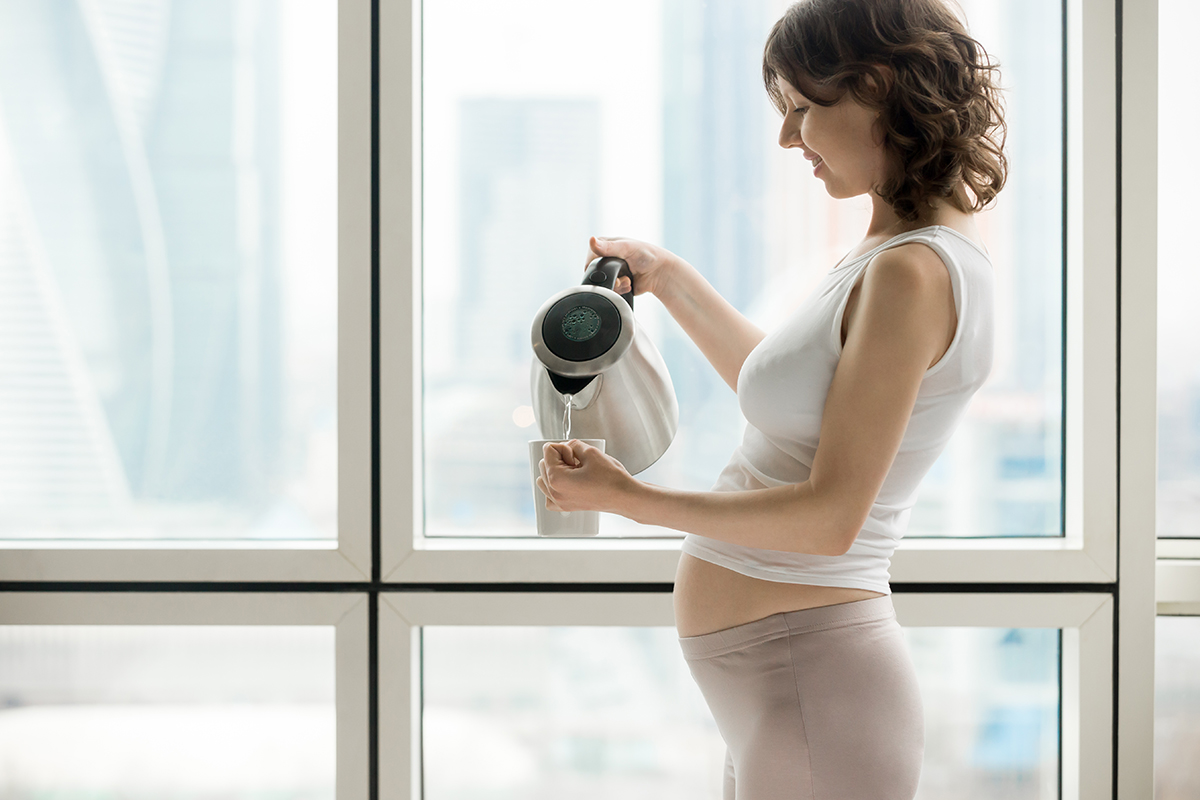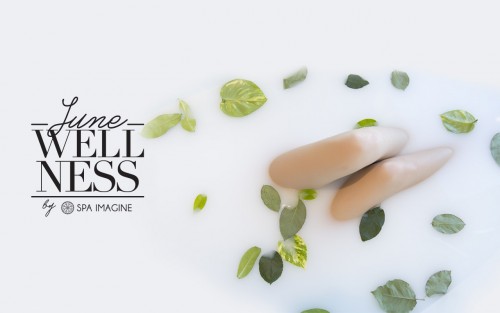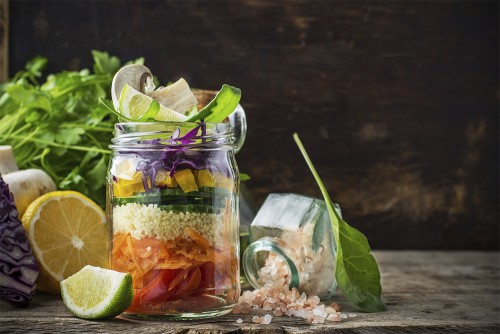Preparing and drinking tea is a healthy ritual which has been performed for thousands of years, and the wonderful effects it has on your health should have you reaching for the tea kettle daily. Containing antioxidants that may lower cancer risk, polyphenols that protect your heart and other immunity-boosting nutrients, tea has even more benefits when you are pregnant. While a soothing mug can relieve morning sickness and possibly even shorten the labor process, some teas should be avoided during pregnancy due to the potential harm they may cause. Here’s what you should know about sipping when expecting:
Herbal Teas
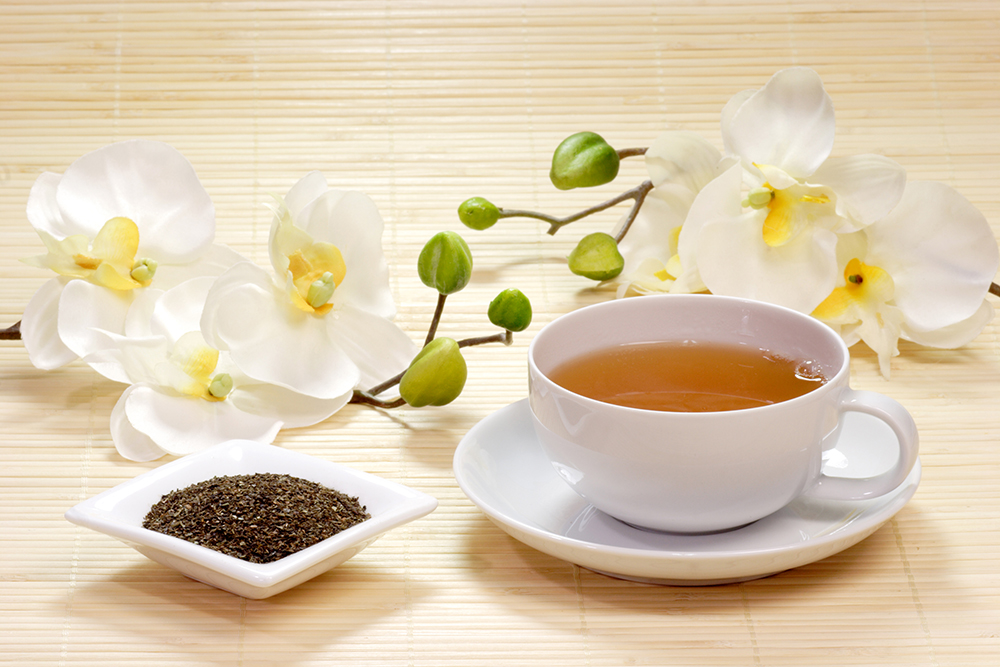
Drinking herbal teas is an excellent choice for pregnant women who need to stay hydrated but want to drink something besides plain water, and some even supply important pregnancy nutrients such as calcium, iron and magnesium. Rooibos tea, which is caffeine-free, is a great choice while expecting because of its antioxidant effects. Additional herbal teas may prevent insomnia (chamomile), ease morning sickness (mint and ginger) and possibly improve contractions during labor by relaxing the uterine muscle (red raspberry leaf). Nettle leaf (stinging nettles) is a great source of vitamins and minerals such as vitamins A, C and K and potassium and is often used in pregnancy teas and recommended by herbalists and midwives. While it is safe to drink throughout the second and third trimesters, drink only small amounts during the first trimester because it has a stimulating effect on the uterus.
Teas to Avoid
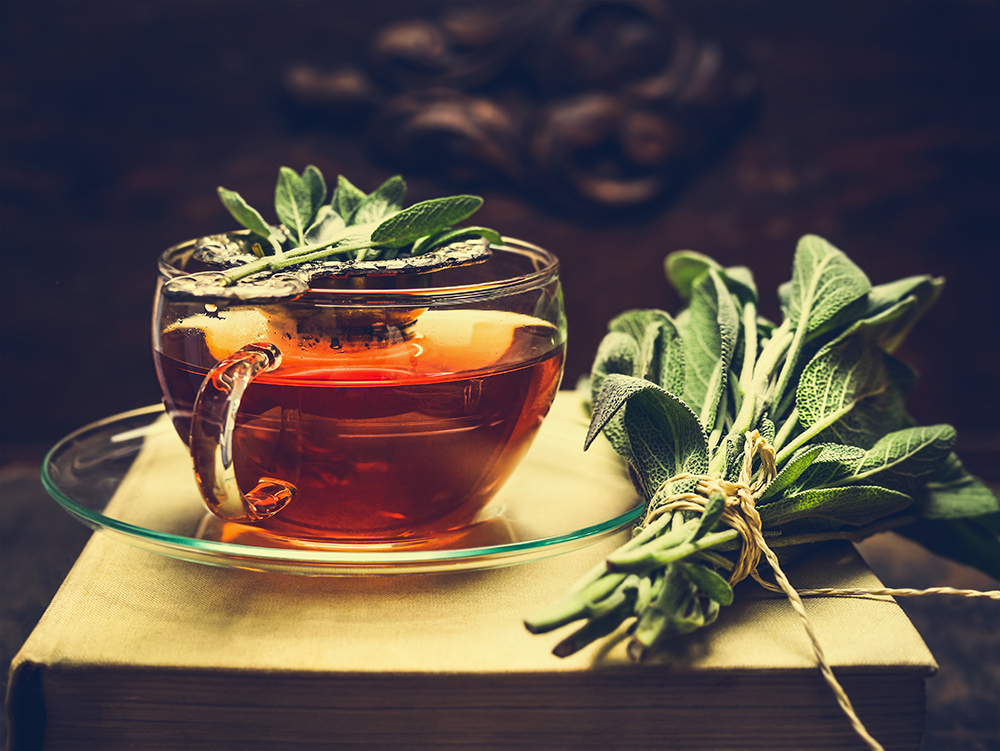
Some herbal teas are not safe to drink when pregnant, including cleansing, detoxification, diet and PMS teas, plus teas containing herbs such as black cohosh, blue cohosh and dong quai. Review tea labels carefully and avoid herbal laxatives that can create changes in electrolytes which are necessary for normal organ and cell functioning. Herbal laxatives can also cause dehydration due to the increase in urination or diarrhea they stimulate, so it is best to steer clear of these teas until after giving birth and breastfeeding, or better yet, avoided altogether.
Questions About Caffeine
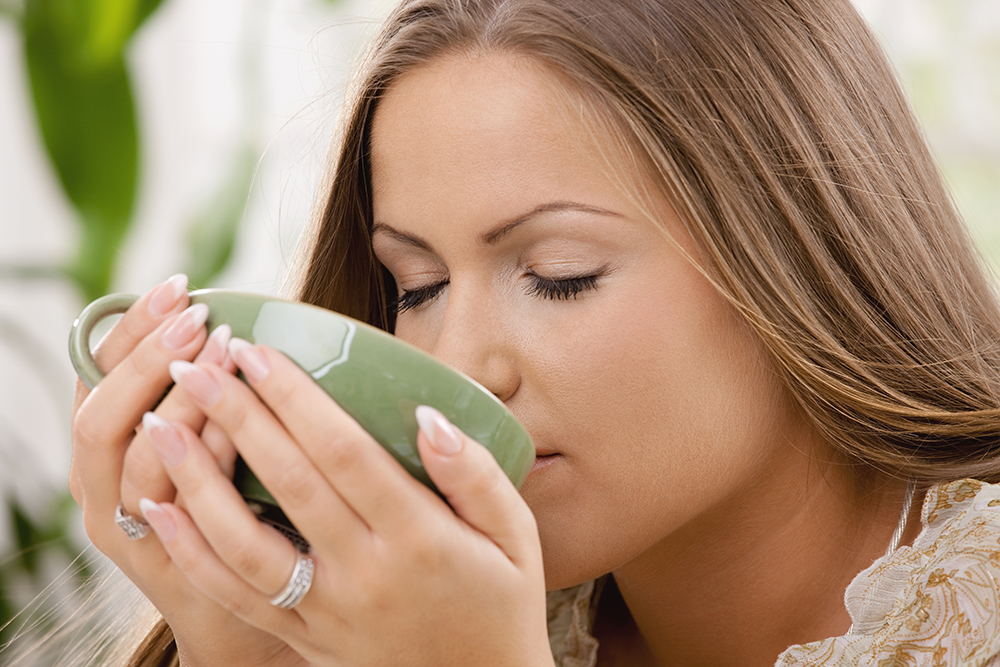
While herbal teas contain roughly 0.4 milligrams of caffeine per cup, non-herbal teas including black, green and oolong contain about 40 to 50 milligrams per cup, which can add up quickly if you have a few cups a day. Caffeine is very stimulating, especially during pregnancy, and also increases the load on the liver, which is already processing pregnancy hormones. There have been studies conducted on the effects of caffeine during pregnancy which can lead to miscarriage, but there is still no conclusive answer; so take the advice of most experts and err on the side of caution and consume less than 200 milligrams per day.
If you still want to enjoy your favorite tea, you can decaffeinate it yourself by steeping the bag or leaves for 30 seconds, dumping the water, then refilling your cup with hot water and steeping again. Because caffeine is the first substance released when steeping (within 25 seconds), most of the caffeine will be eliminated and you can sip without worry.

